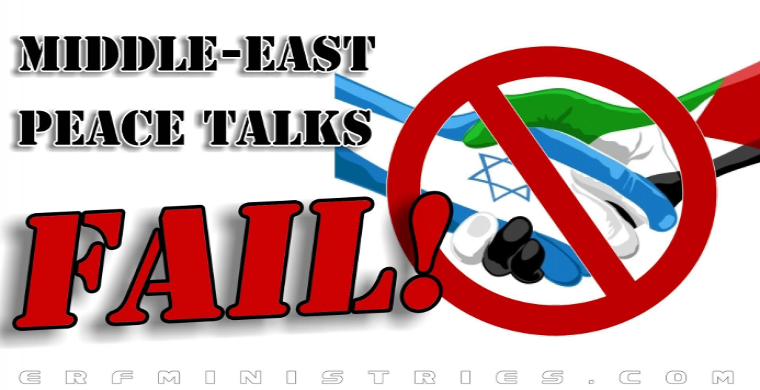A Panel on the Israeli-Palestinian "Peace Process" sees little hope for Peace
By Andrew Harrod
http://philosproject.org/
February 14, 2015
Washington Institute for Near East Policy Executive Director Robert Satloff began a recent panel discussion by joking that Ambassador Dennis Ross, one of the panelists, has "focused on [Israeli-Palestinian] issues since I was a little boy." After that, however, the conversation quickly turned sober. By the end, it appeared that neither Satloff, Ross, nor anyone else expected to see peace in the Holy Land any time soon.
WINEP Fellow David Makovsky (described by Satloff as the "one-man think tank" on Secretary Kerry's Israeli-Palestinian peace team) started by discussing ongoing efforts by Palestinians to abandon traditional diplomatic channels in favor of international intervention and recognition for a nascent State of Palestine. This "old idea," which has existed since the time of Yasser Arafat, suggests that "you just put your feet up on the table and let everyone work for you." The United Nations is undoubtedly the Palestinians' "great home court" and a logical leverage point for seeking global legitimacy, but Makovsky pointed out that "in the real world, the state doesn't just have rights but ... responsibilities."
In this context, Makovsky noted the growing importance of security concerns within the Israeli national discourse. Even the Israeli left no longer use the word "peace" -- especially now, in the run-up to March national elections -- due to widespread disillusionment among Israelis about ever reaching a deal with the Palestinians.
WINEP fellow Ghaith al-Omari gave a similarly grim assessment from a Palestinian side, declaring that Palestinians have "more or less given up on the whole peace process." While Palestinians have always considered the United States partial to Israel, they have lost faith that America can induce its ally to make peace. Palestinians consider unity between the PA -- an entity that was "almost irrelevant" during recent Gaza fighting -- and the jihadist terror group Hamas "highly desirable."
Some Palestinians might still welcome UN Security Council resolutions that stipulate a future two-state solution, but Omari noted that forging an final consensus on issues like Jerusalem and the Palestinian right of return would be difficult. He recommended for now moving away from the idea of a "magic moment on the White House lawn" that seems to dominate discussions of Israeli-Palestinian peace, and called for "much more modest objectives" that will enable Palestinian leaders to deliver something tangible to their publics.
Dennis Ross only added to the negativity. After having experienced "about as depressing a set of conversations as I have had in a very long time" during his recent Middle East visits, Ross believes a settlement is becoming increasingly less likely. He said that the phrases "two-state" and "peace" are no longer politically correct in Israel. Meanwhile, as Palestinian leaders turn to the global stage, they themselves are unsure about what they will accomplish there.
Ross described the need for a new mutual recognition like the 1993 exchange of letters between Israel and the Palestine Liberation Organization that jump-started the Oslo peace process. Palestinians say that Israelis never talk about ending the occupation, while Israelis say Palestinians want both a Palestinian state and a binational (i.e. non-Jewish) state in Israel. Ross suggested a mutual recognition that would entail Israel accepting the prospect of ending the occupation and Palestinians reciprocating by accepting two states for two peoples with Israel as a Jewish homeland. Unfortunately Palestinians have resisted this formulation "with great energy," a factor Ross said contributed to the "inability to do any deal."
Ross's remarks occurred against the backdrop of the looming Iranian threat faced by both Israel and Sunni countries in the region. Ross spoke about a "duality" of Israeli concerns with respect to Iran, a country seeking not just nuclear weapons but also "actively changing the balance of power on the ground" in the Middle East. Speculation that President Barack Obama's administration desires Iran as a regional partner has created increasing disquiet toward American policy. America's "new normal" of negotiations with Iran has left the Islamic Republic a mere three months away from breakout capability to acquire nuclear weapons.
While the Iranian menace grows, Palestinian reconciliation with Israel as a Jewish homeland seems as distant as ever.
Makovsky saw one silver lining in this current "split-screen reality" of Middle Eastern politics: although "above the radar" Israeli-Palestinian peace negotiations continue to fail, "below the radar" Israel and its Sunni Arab neighbors have been pushed together by the Iranian threat and are expanding their security ties in an unprecedented "golden era of cooperation."














